China expects the United States to act on the commitments made by President Joe Biden and meet each other halfway to further stabilize and develop the bilateral relations, a visiting Chinese diplomat said on Thursday.
"I have made it clear to the U.S. that China is committed to the stable development of China-U.S. relations, while at the same time firmly safeguarding its sovereignty, security and development interests," Vice-Foreign Minister Ma Zhaoxu told a briefing Thursday afternoon in Washington.
"It is not feasible to seek dialogue and cooperation while undermining China's interests, and the Chinese government and people will never accept containment, suppression and deprivation of China's legitimate right to development," Ma added.
The top Chinese diplomat made the remarks after talks with Deputy Secretary of State Kurt Campbell and Principal Deputy National Security Advisor Jon Finer in separate meetings on the first day of his four-day trip to the U.S..
Ma said he had an "extensive and in-depth" exchange of views with Campbell on China-U.S. relations and international and regional issues of common concern, and the discussions were "candid and constructive".
Ma noted that it is in the interests of both countries and the expectation of the international community for China and the U.S. to implement the important consensus reached by Chinese President Xi Jinping and Biden during their San Francisco meeting in November and to further stabilize and grow the bilateral relations.
China will continue to develop bilateral relations based on the three principles of mutual respect, peaceful coexistence and win-win cooperation, as proposed by President Xi, the vice-minister said.
He said that during his talks with Campbell, he asked the U.S. side to honor the commitments made by President Biden.
During the November summit with Xi, Biden noted that he has always believed that the U.S.-China relationship is the most important bilateral relationship in the world.
Biden reaffirmed the five commitments he made in Bali, Indonesia a year before, i.e., the United States does not seek a new Cold War, does not seek to change China's system, does not seek to revitalize its alliances against China, does not support "Taiwan independence", and has no intention to have a conflict with China, according to a Chinese readout of the summit.
At Thursday's meeting, Ma underscored that the Taiwan question is the first red line that must not be crossed in China-U.S. relations.
"If the U.S. really hopes for peace and stability in the Taiwan Strait, it should abide by the one-China principle and the three China-U.S. joint communiqués and honor its promise not to support ‘Taiwan independence,'" Ma said.
On the Ukrainian issue, Ma said China has always maintained an objective and fair position, committed to promoting peace and dialogue, and pushing for a political solution to the crisis.
Ma also met with U.S. Principal Deputy National Security Advisor Jon Finer, and the two sides had a candid and constructive conversation, building on the summit between the presidents in Woodside, California last November, said a readout from the White House.
The two sides discussed ongoing work to continue military-to-military communication and advance cooperation on areas in which their interests are aligned, such as counternarcotics, according to the readout.
It said U.S. National Security Advisor Jake Sullivan stopped by the meeting and exchanged views with Ma on key issues.








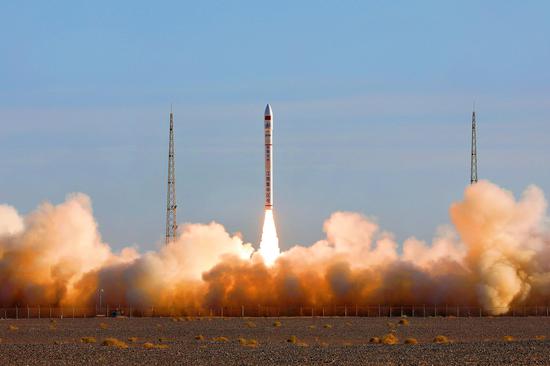
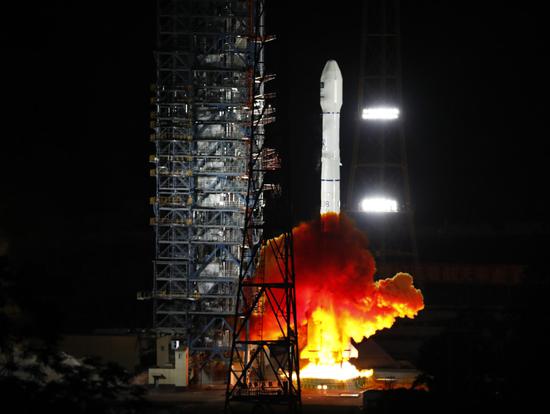
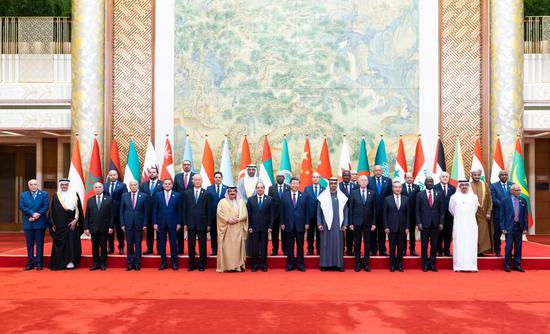
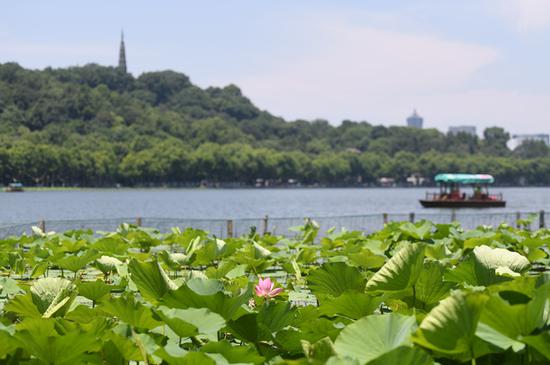
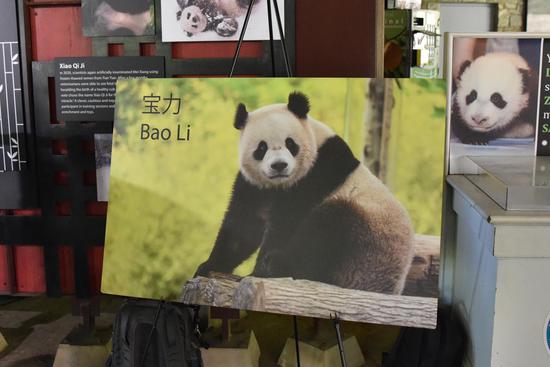
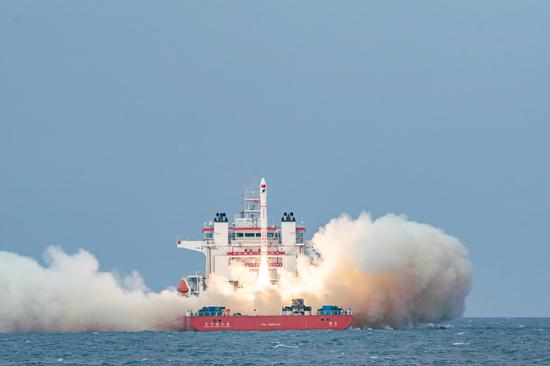
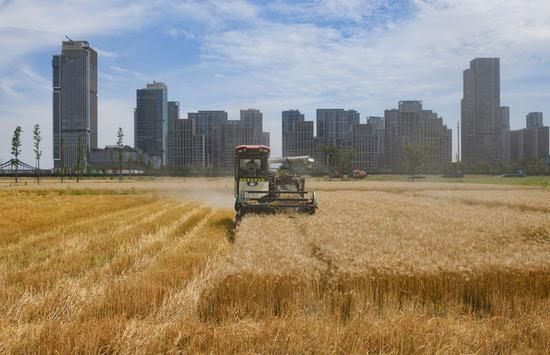
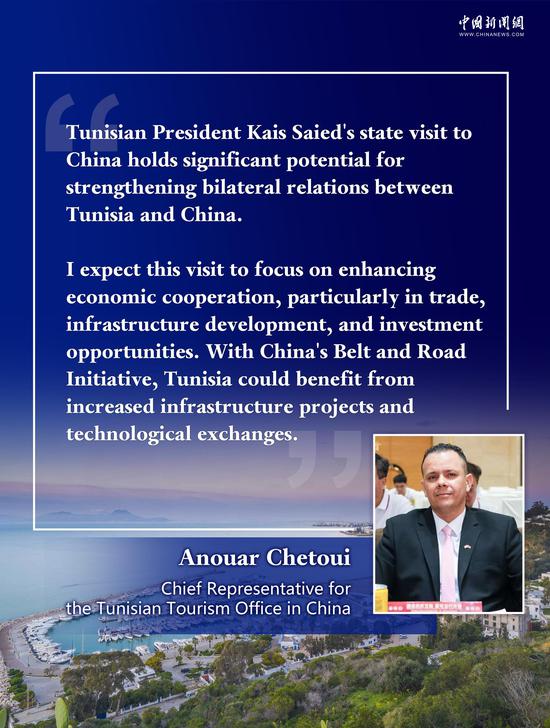
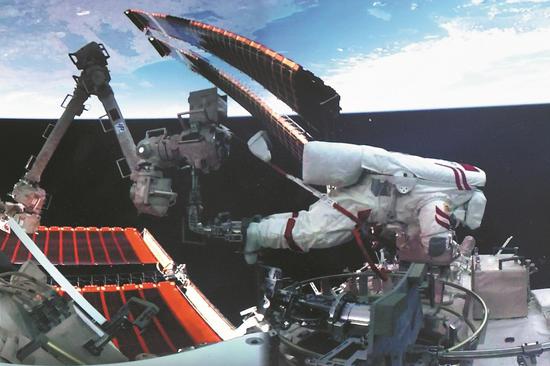

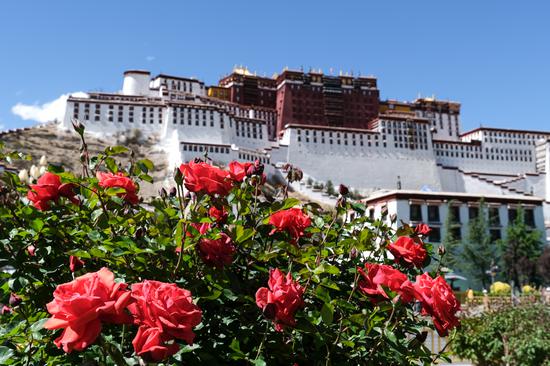
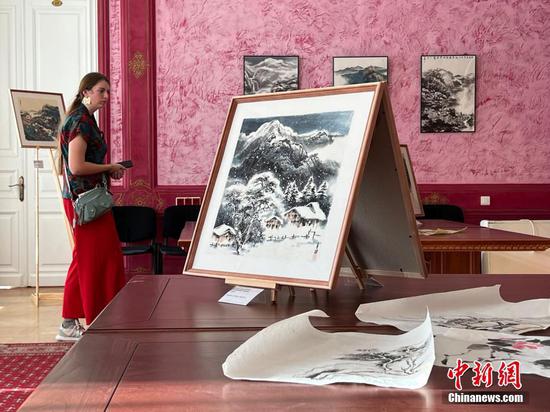


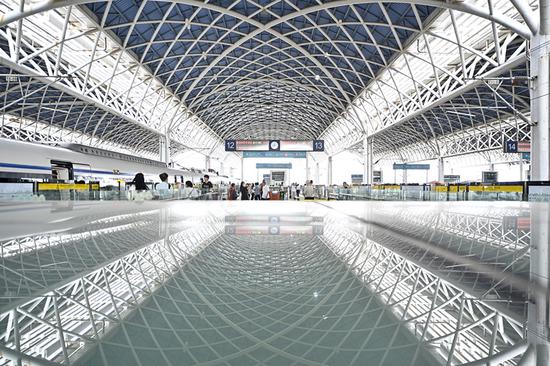
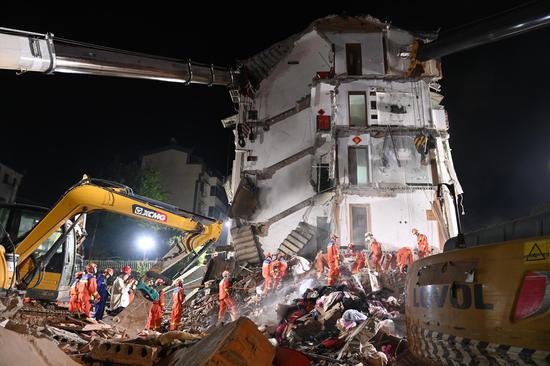
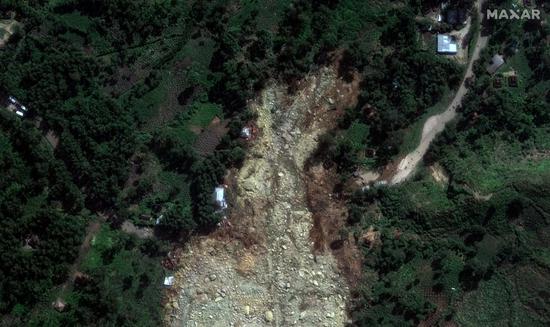

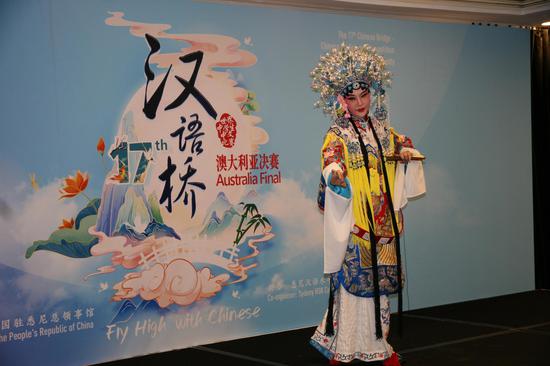
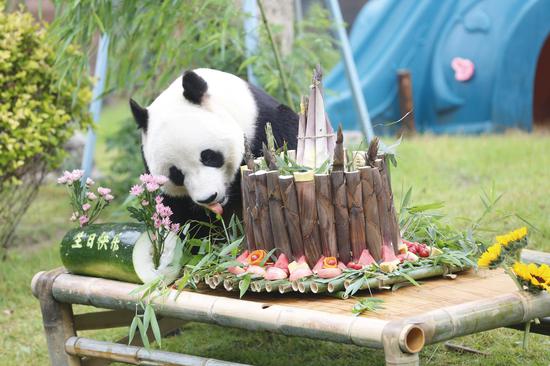




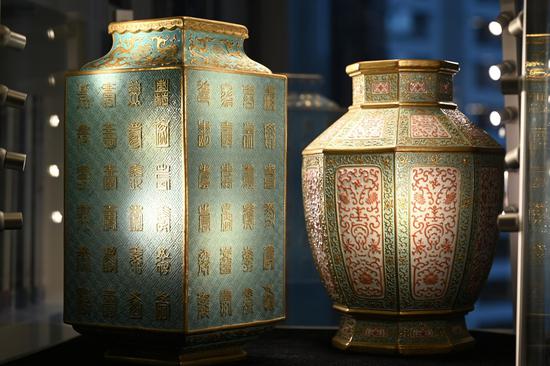
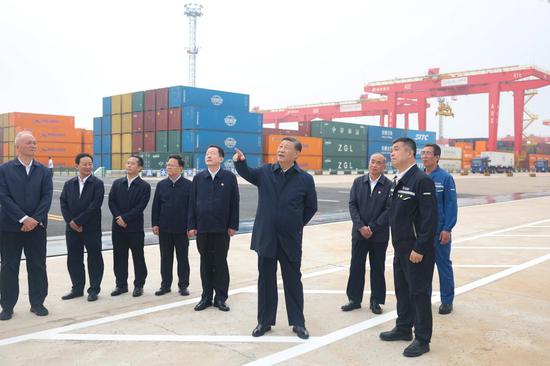
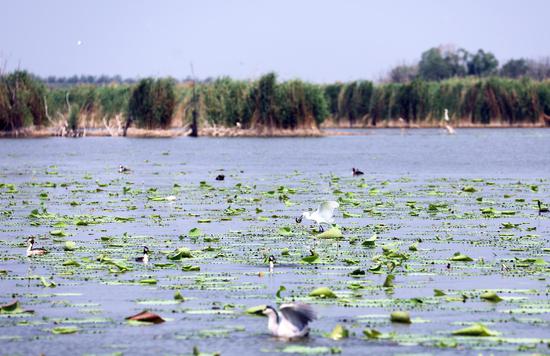
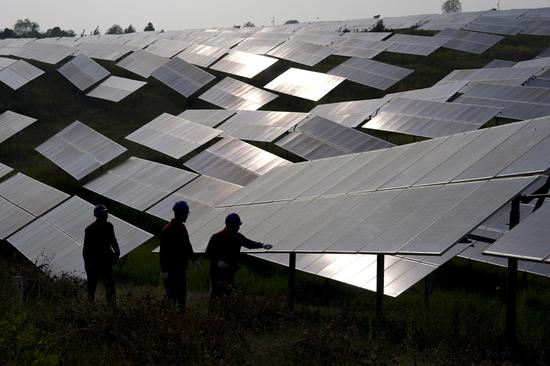
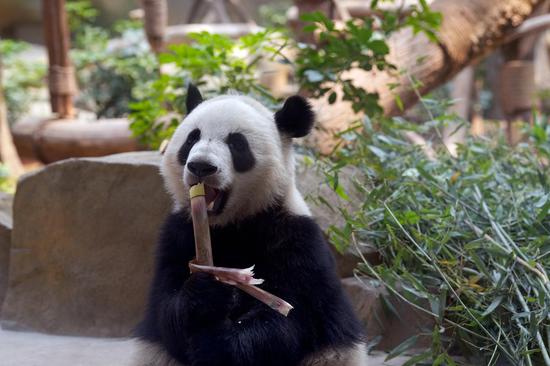
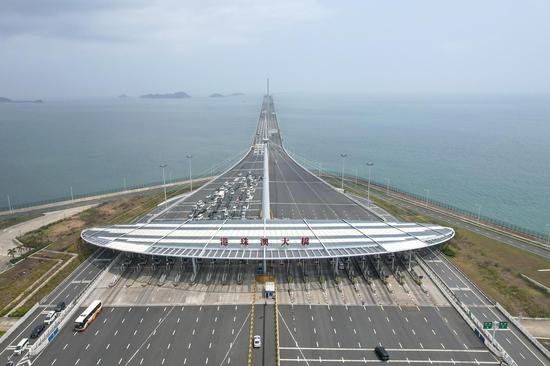
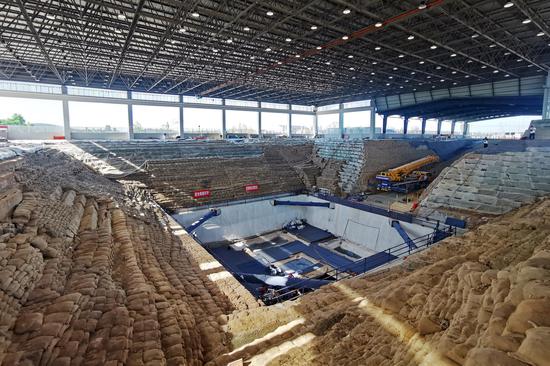
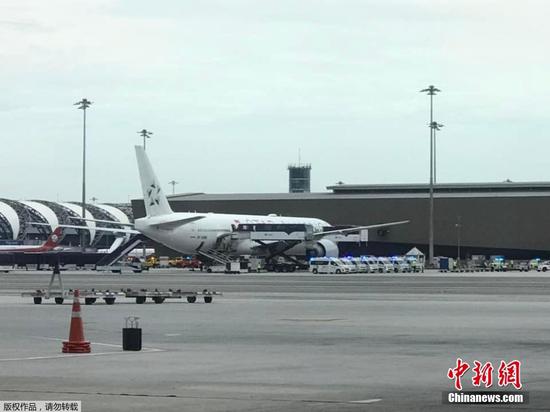

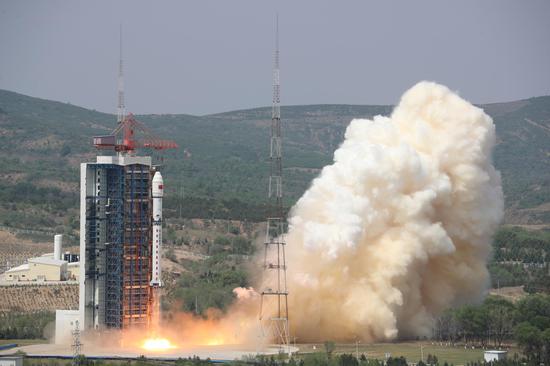
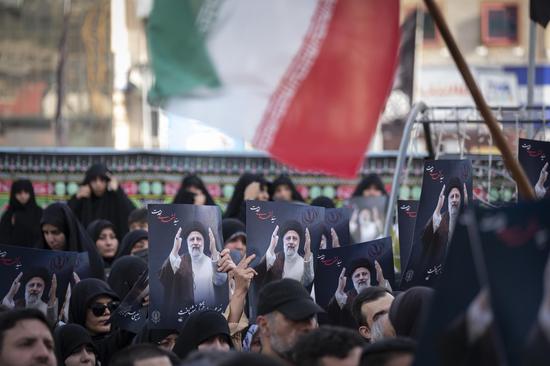
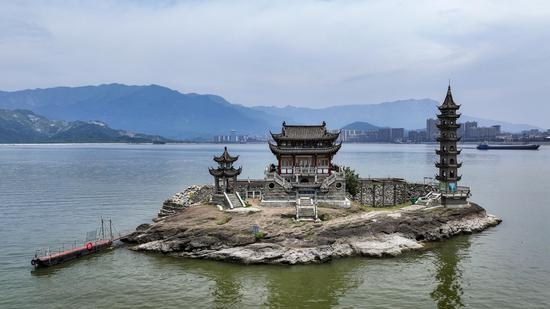
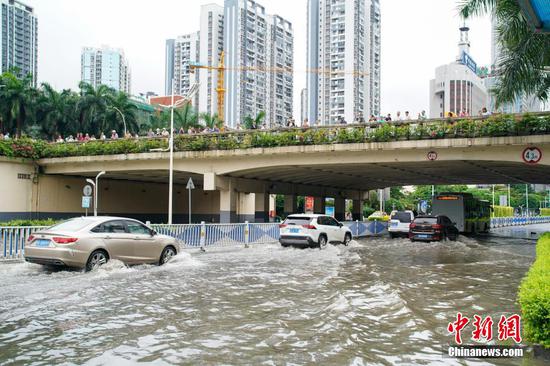





 京公网安备 11010202009201号
京公网安备 11010202009201号